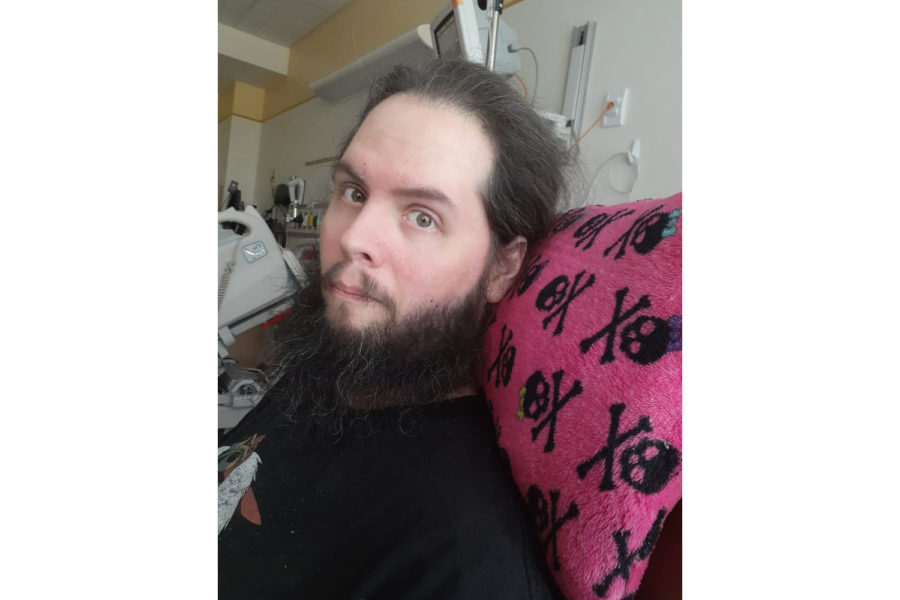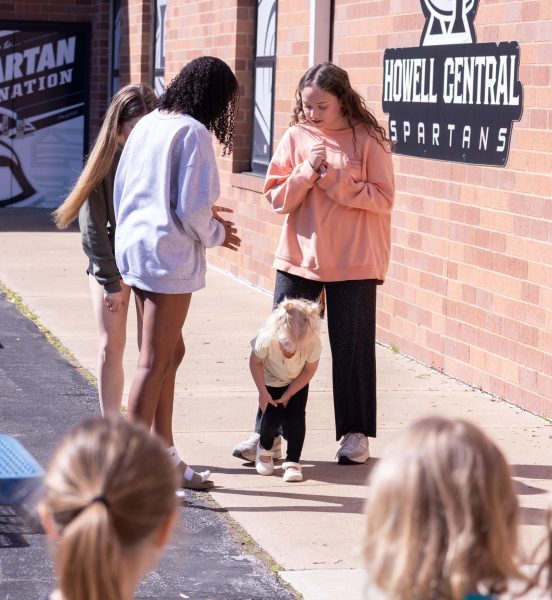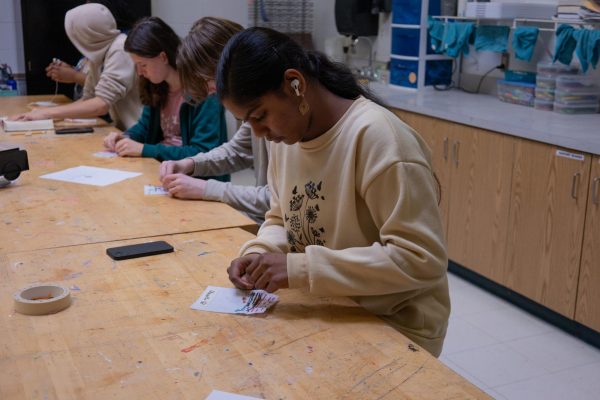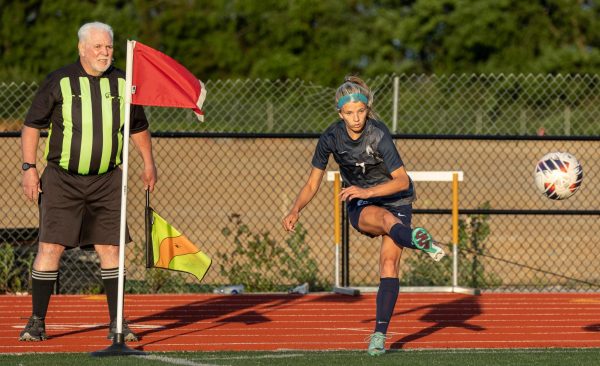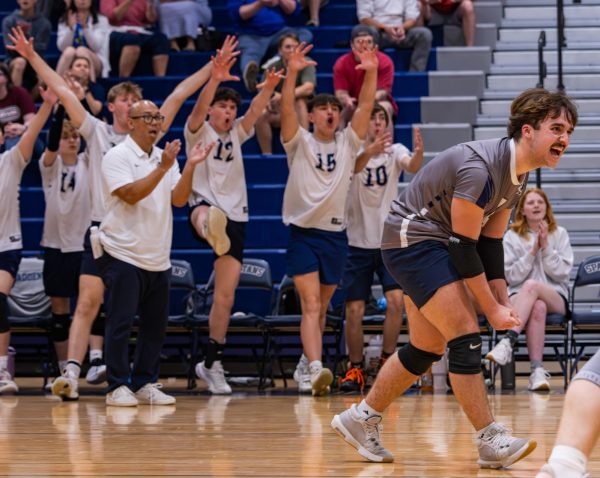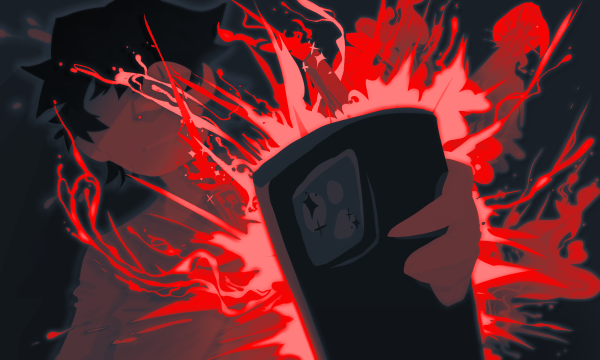The Complications of Operations
The difficulties of witnessing your family members recover
Photo courtesy of Lorelai Finoch
Steven Finoch lies in his hospital bed at Saint Joseph, waiting to be transferred to Missouri Baptist for surgery.
I had just started up a Netflix comedy special on my TV when my mom walked into the room, my step-mom, Ravyn, on speaker phone. She sat herself down on my bed and waited for Ravyn to begin. She took in a shaky breath, before informing me that my father, who had just yesterday been admitted to the hospital for high blood-pressure, was going to need open heart surgery, and was going to be transferred to Missouri Baptist for such as soon as possible. I could barely breathe and I started to cry. The doctors he had been with at St. Joseph were so confident that it was just going to be his hypertension flaring up, or excess stress from work, and we were all expecting him home by the time my brother and I were back at his house that Friday morning, but now he was going to be transferred to an entirely other hospital for heart surgery.
At this point, barely finished with the sentence, I could hear Ravyn begin to sound choked up and my mom was already making an effort to calm me down, which, after a few moments of pure panic, I did.
The next day I got a message from my dad, asking me to call him. Once we were on the phone, we stayed like that for hours, and it became our almost daily routine. Every once in a while, I’d quiet down, or make a poorly timed joke about his upcoming surgery and he’d always insist that he was fine; completely unbothered by the thought of having his chest cut open, his sternum sawed through, and his heart poked and prodded. He would always claim we were the ones that deserved to be worried because we were the ones that had to sit and wait for hours to find out how his surgery went, and that all it would be for him was a particularly long nap, some new scars, and a life-long regiment of blood pressure and cholesterol medication, so, of course, nothing big.
According to Lifespan Healthcare, on average, the number of cardiac-related surgeries and operations largely exceeds 900,000 just in the U.S. Somewhere around 500,000 of those are open heart surgeries, making what was my father’s upcoming operation far from the categorization of rare, with incredibly low during and post-op complications. Even the death rates don’t even break a full three percent. Despite this, we were in shock, and my dad’s hospital stay proved itself to be one of the more stressful times across my 16 years of life.
My dad and my step-mom, who would arrive when visiting hours started and stay as long as she possibly could, were stuck at St. Joseph for two-and-a-half days after my father had been scheduled to leave because of their capacity shortage due to Covid-19 patients, and when he got to Missouri Baptist, he had to wait even longer before they could operate.
Finally, the moment we’d all been waiting for: my father’s surgery. He had video-called my brother and I the night before, telling us we wouldn’t get a chance to talk to him after noon the next day. He ended up texting me the next day, saying good morning, and again less than an hour later asking me to call him. We talked until his nurses had to take him for prep, because, despite his insistence otherwise, I think he may have been a little bit worried, too.
After his surgery was over, my father’s surgeon informed Ravyn that they had completed the triple-bypass without issue, but had found something concerning: my father’s heart, while healthy as a whole, his arteries had aged to look like that of a 70 year-old’s.
Now, despite the three hospital visits since his surgery, my father continues to work hard to improve his health, walking regularly, exercising in the mornings, keeping on a steady schedule of medication, and eating well.
After all is said and done, in some strange, unexpected way, I’m glad this issue was brought to our attention. My brother and I will know to be conscious of it in future health-related choices, and, despite the complications he’s been facing, my father will continue to work towards improvement, taking whatever help the rest of us can offer.
Your donation will support the student journalists of Francis Howell Central High School. Your contribution will allow us to purchase equipment and cover our annual website hosting costs. FHCToday.com and our subsequent publications are dedicated to the students by the students. We hope you consider donating to allow us to continue our mission of a connected and well-informed student body.



